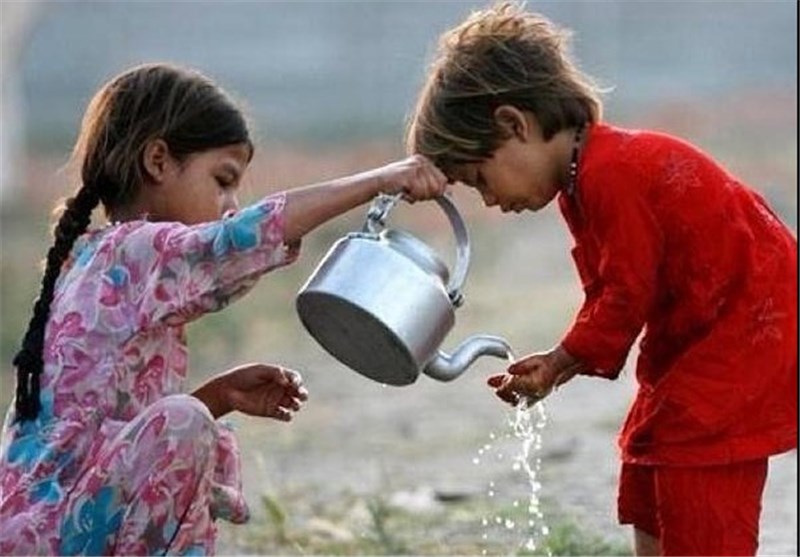RASC News Agency: The United Nations Children’s Fund (UNICEF) has announced that 23.7 million people, including 12.3 million children in Taliban-controlled Afghanistan, need humanitarian aid. UNICEF’s March report on Afghanistan was released on Sunday, April 28.
The report highlighted the effects of prolonged conflict, climate change, economic downturn, and rising unemployment as major factors contributing to increased poverty, particularly among children in the country. According to the UNICEF report, heavy rainfall across the country on March 29 and 30 damaged over 1,500 acres of farmland, more than 540 homes, and other natural infrastructure in seven provinces.
Last month alone, over nine million children under the age of five contracted various illnesses in the country, of which over 39,000 (56% of whom were girls) were hospitalized for treatment. UNICEF also noted that from March 25 to 31, 1,435 suspected measles cases and nine child deaths were recorded, showing a 12.6% decrease in suspected cases compared to the previous week.
UNICEF stated it requires $1.4 billion to provide aid to children in Afghanistan, but has so far only received 35% of that amount. UNICEF cited interference in humanitarian activities, environmental challenges, and limitations on women’s involvement in aid work as key factors restricting the organization’s operations.
Additionally, OCHA previously announced that nearly 23.7 million people, including 12.3 million children in Afghanistan, would need humanitarian assistance this year.






